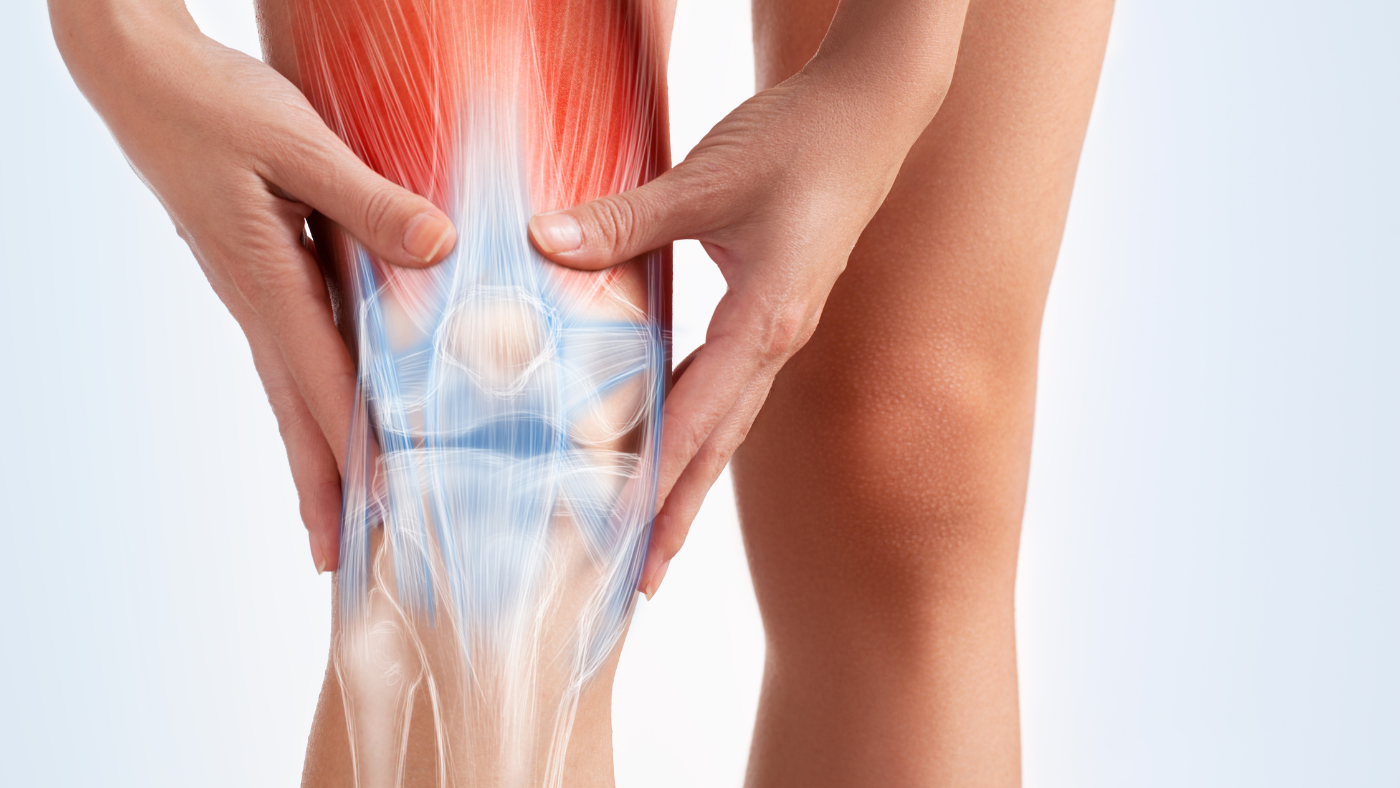
Post-Traumatic Arthritis
Post-traumatic arthritis develops after a previous knee injury, such as a fracture or ligament tear, leading to joint pain and stiffness over time. It can occur years after the initial injury.
If you have knee pain, stiffness, swelling, or a grinding sensation years after a knee injury, these could be signs of post-traumatic arthritis. The pain may worsen with activity and improve with rest.
Living with post-traumatic arthritis can make it difficult to perform physical activities and may cause chronic pain. The condition can limit your mobility and quality of life, making daily tasks challenging.
Dr. Khoo will diagnose post-traumatic arthritis through a physical exam and imaging tests like X-rays to assess joint damage and the extent of arthritis.
Surgery, such as knee replacement, may be necessary if the arthritis is severe and other treatments no longer provide relief. Dr. Khoo will recommend the best approach based on your overall health and activity level.
If surgery is needed, Dr. Khoo will explain the knee replacement procedure in detail. He will provide information on how the surgery can relieve pain and improve knee function. You will receive guidance on pre-surgery preparation, the surgical process, and what to expect during recovery, so you feel comfortable and supported throughout your treatment.

Dr. Khoo will take the time to understand your symptoms, perform a thorough examination, and discuss the progression of your post-traumatic arthritis. He will provide a personalised treatment plan, including both non-surgical and surgical options, to help you make the best decision for your health and lifestyle.
Post-traumatic arthritis cannot be cured, but its symptoms can be managed effectively with medication, physiotherapy, and lifestyle modifications. Surgery may be considered for severe cases.
The primary surgical option for post-traumatic arthritis is total knee replacement. This procedure can significantly reduce pain and improve joint function when other treatments are not effective.
Recovery typically takes 3–6 months, depending on the severity of the arthritis and adherence to the rehabilitation program. Dr. Khoo will provide a personalised recovery plan to help you achieve the best outcome.